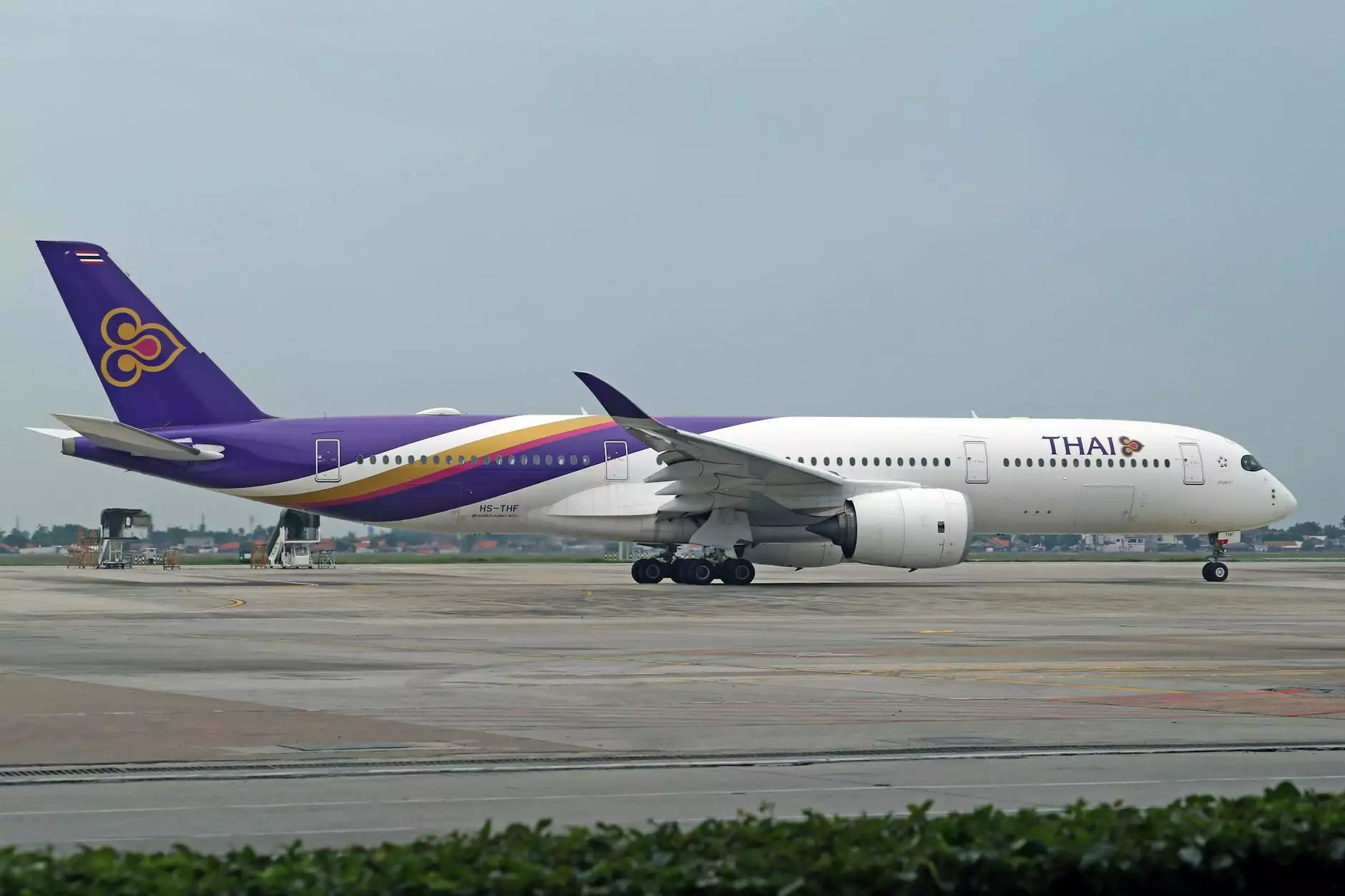The Ultimate Guide to Cargo Reservation Systems in Aviation

In today’s fast-paced global economy, the need for efficient logistics and seamless air cargo operations is more critical than ever. Companies that successfully manage these processes benefit immensely, and a well-implemented cargo reservation system is at the heart of those operations. This article delves into the various aspects of cargo reservation systems, their significance in the aviation sector, particularly for airlines and airport terminals, and how they can significantly enhance operational efficiency and customer satisfaction.
Understanding Cargo Reservation Systems
A cargo reservation system is a specialized software platform designed to manage the booking and logistics of air cargo transport. It acts as a bridge between various stakeholders in the logistics chain, including airlines, freight forwarders, and shippers. The system allows users to:
- Book cargo space: Easily reserve space on flights for different types of cargo.
- Track shipments: Monitor the status of cargo throughout its journey.
- Manage documentation: Generate and manage the necessary paperwork associated with air transport.
- Optimize routes: Analyze and select efficient shipping routes based on various parameters.
- Enhance collaboration: Facilitate communication between shippers, airlines, and freight forwarders.
The Importance of Cargo Reservation Systems in the Airlines Sector
In the world of airlines, a cargo reservation system is essential for optimizing cargo operations. This section outlines how these systems contribute to the airline industry's success:
1. Improved Efficiency
By automating booking processes and streamlining operational tasks, airlines can achieve remarkable efficiencies. A cargo reservation system minimizes the likelihood of human error and accelerates the booking process, allowing airlines to handle increased cargo volumes without compromising service quality.
2. Enhanced Customer Experience
With a user-friendly interface, shippers can book cargo easily while obtaining real-time updates and tracking information. This transparency builds trust and enhances customer satisfaction, which is crucial for maintaining long-term partnerships.
3. Revenue Growth Opportunities
Efficient cargo booking leads to higher load factors and reduced empty space on freight flights. By maximizing the utilization of offers, airlines can significantly increase their revenue streams from cargo services.
Key Features of Cargo Reservation Systems
Modern cargo reservation systems come equipped with a plethora of features designed to streamline operations and improve user experience. Here are some of the most essential features:
1. User-Friendly Booking Interface
The booking interface is designed to facilitate quick and easy reservations. Users can input cargo details and receive instant quotes or availability checks, enhancing overall booking efficiency.
2. Real-Time Tracking
Advanced tracking features allow both the airline and the shipper to monitor the cargo's journey from origin to destination. Real-time tracking updates enhance transparency and help address any potential issues promptly.
3. Integrated Payment Processing
Efficient payment processing is critical. Integrated billing and payment systems offer seamless transactions, enabling customers to pay for cargo services online quickly.
4. Reporting and Analytics
Reporting tools allow airlines to analyze booking trends, assess operational performance, and identify areas for improvement. These insights are invaluable for strategic decision-making.
Benefits of Adopting a Cargo Reservation System
Implementing a cargo reservation system offers numerous benefits for airlines and freight handlers alike:
- Cost Reduction: Automation reduces manual labor costs and minimizes errors, leading to overall cost savings.
- Increased Capacity: With efficient booking systems, airlines can take on more cargo without overextending resources.
- Adaptability: Cargo reservation systems can adapt to different operational scales, making them suitable for small regional airlines and large international carriers alike.
The Role of Technology in Modern Cargo Reservation Systems
Today's cargo reservation systems are powered by advanced technologies that enhance their functionality and efficiency:
1. Cloud Computing
Cloud-based solutions enable users to access the system from anywhere, facilitating remote work and improving collaboration with partners and stakeholders.
2. Artificial Intelligence and Machine Learning
AI and ML can enhance predictive analytics, helping airlines forecast demand and optimize routes based on historical data and trends.
3. Blockchain Technology
Blockchain enhances security and transparency by creating unalterable records of transactions, reducing fraud and errors in documentation.
Challenges Facing Cargo Reservation Systems
Despite the numerous advantages, cargo reservation systems face several challenges:
1. Integration with Existing Systems
Integrating new systems with legacy platforms can be complex, requiring significant time and resources.
2. Security Concerns
As systems become increasingly digital, the risk of cyber-attacks heightens. Ensuring robust security measures is paramount for protecting sensitive information.
The Future of Cargo Reservation Systems
The future of cargo reservation systems is poised for growth and transformation:
1. Enhanced User Experiences
Future systems will be even more intuitive, utilizing user feedback to refine interfaces and improve usability.
2. Sustainability Focus
As the aviation industry grapples with environmental concerns, cargo systems will increasingly incorporate sustainability metrics and promote greener logistics practices.
Conclusion
A sophisticated cargo reservation system is not just a luxury but a necessity for airlines and aviation services looking to remain competitive in a rapidly evolving market. The right system can yield substantial benefits, from improving operational efficiency to enhancing customer satisfaction and driving revenue growth. By leveraging the latest technologies, airlines can ensure that their cargo operations are not only efficient but also prepared for the future.
As you consider improvements to your cargo operations, embracing a state-of-the-art cargo reservation system could be the step that elevates your business to new heights in the air cargo industry.









